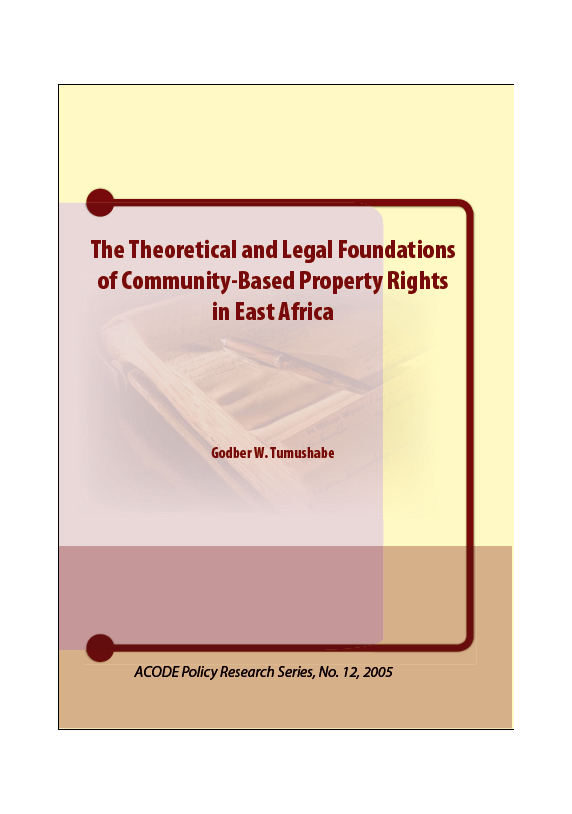Resource information
Indigenous, mobile, and local communities all over the world have for millennia played a critical role in conserving the earth’s patrimony. They have protected forests, wetlands, rangelands, watersheds, hunting grounds, rivers and streams and other water catchment systems that are to day the basis of prosperity for all nations. “Community” husbandry of these resources has been done for a wide range of reasons ranging from economic, cultural, spiritual, aesthetic to many others. Scholars and practitioners are now almost agreed that the history of conservation and sustainable use of these resources is much older and perhaps more effective than the contemporary government practice of “exclusion”, “participation” and all other forms of “jargon” that is being used in the conservation literature of the modern society.
In spite of this recognition of the contribution of indigenous communities to the science and practice of conservation, the growth of governmental institutions as the dominant authority in the area of conservation is seriously challenging these long-held conservation notions. In this context, the concept of Community-Based Property Rights (CBPR) has been attracting considerable scholarship and advocacy as a means of securing the livelihoods of many of these communities. In spite of this attention, we see emerging national policies and laws either paying “lip service” to CPBR or in fact undermining these rights.
The purpose of this concept paper is to develop a theoretical understanding grounded in the traditional principles of modern property rights theory and conservation practice to guide a more empirical research on the application of the concept (CBPR) in East Africa. It is argued that at the moment, there is generally no clarity on the meaning of the concept of CBPR among policy makers and practitioners. As a result, there is growing policy distortion with respect to the context within which CBPR is used and applied which inevitably is undermining the policy recognition, protection and promotion of these rights. The resulting marginalization and disenfranchisement, it is argued, is to keep the affected indigenous communities in perpetual poverty.


